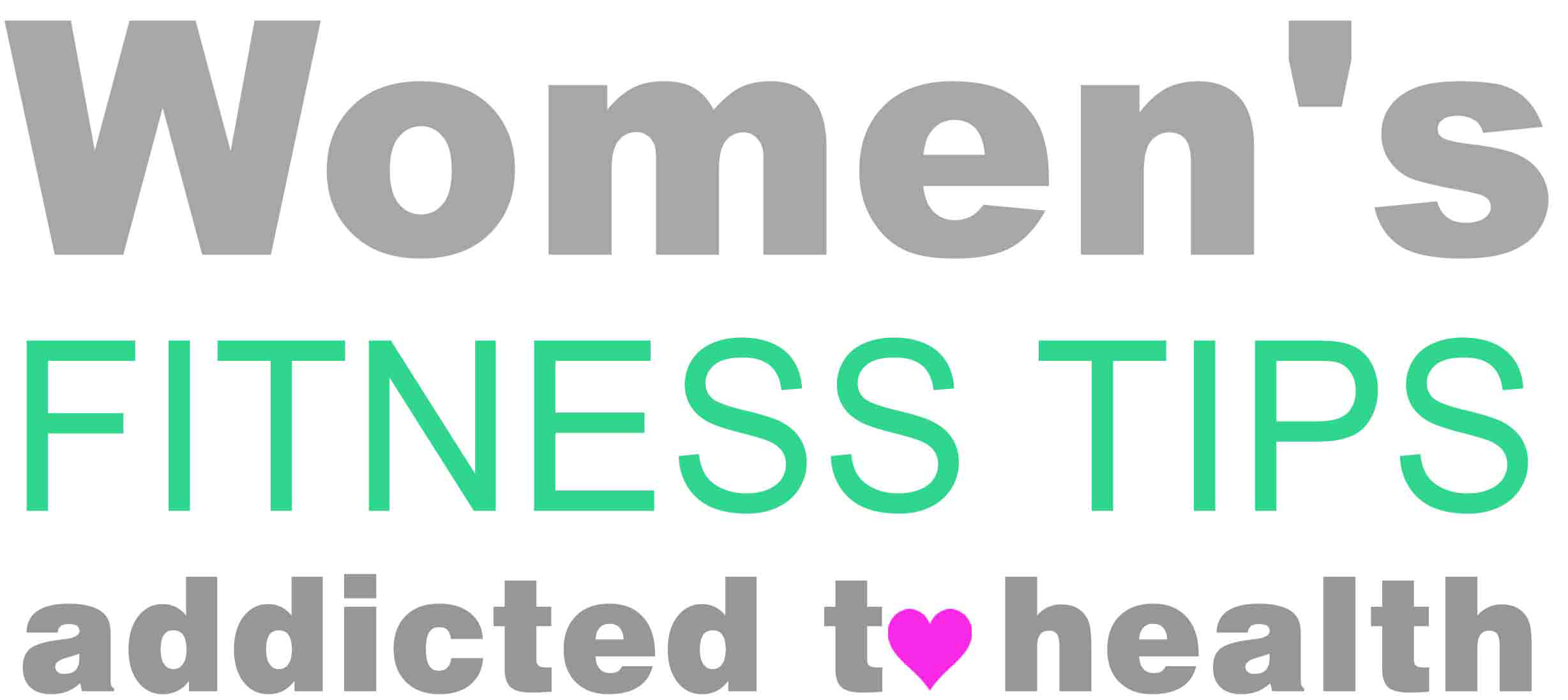I’m just a girl on a mission to teach other women about health and fitness.
Gluten Free Diet Is NOT For Everyone!

thumbnail courtesy of theatlantic.com
Why A Gluten Free Diet is Not For Everyone:
Don’t you think it’s a bit crazy how whenever a new “diet fad” comes along, everyone just stumps jumping on board willy-nilly thinking it’s going to be their “holy grail” of weight loss.
It’s really kinda crazy. But I have to be honest, I’ve done it too. So I’m just as certifiable as the next person!
Because it’s tempting. You start to see the news, and you hear your friends are doing it, and the next thing, you’re like a zombie following everyone down the road looking for anything you can get your hands on that’s gluten free!
May Happens To Be Celiac-Disease Awareness Month:
May is Celiac-Disease Awareness Month. Which might seem unnecessary, if the superfluity of “gluten free” labels and advertisements were any indication of people’s awareness of the disease. theatlantic.com
Gluten free became a huge craze when major celebrities in the news started talking about their battles with celiac disease, and the benefits of being on a gluten free diet. Including…here comes the buzz word…WEIGHT LOSS.
Man, you talk about weight loss, and watch what happens. It’s like people lose their sensibility, and all they care about it finding a quick fix to weight loss.

Most People Do Not Need To A Gluten Free Diet:
The truth of the matter is, a gluten free diet is not for everyone!
Given the disproportionate number of people who are eating this way without reason, though, there is cause for alarm. Especially among the many people who now mistakenly and blindly conflate “gluten free” and “healthy.” And among those who believe they may have celiac disease but do not get tested. Proper diagnosis is crucial not only to be certain that avoiding gluten and incurring the costs and risks above is truly necessary, but because other conditions sometimes go hand-in-hand with celiac. Those include the skin condition dermatitis herpetiformis, lymphoma, anemia, depression, liver disease, and osteopenia (weak bones). Having a proper diagnosis may inform future medical care not just for patients, but for their families. . The Harm in Blindly ‘Going Gluten Free’
The key in the above statement is how everyone starts to “blindly conflate gluten free and healthy.” The fact is a lot of gluten free products have really CRAP ingredients in them! And they are filled with a lot of JUNK to make them bind together that you really should not be eating on a regular basis!
Like most medical interventions, though, this one has not been shown (in placebo-controlled studies) to benefit people who do not have the disease. Celiac disease is known to affect about one percent of people. Yet in a global survey of 30,000 people last year, fully 21 percent said that “gluten free” was a “very important” characteristic in their food choices. Among Millennials, the number is closer to one in three. The tendency to “avoid gluten” persists across socioeconomic strata, in households earning more than $75,000 just the same as those earning less than $30,000, and almost evenly among educational attainment. The most common justification for doing so: “no reason.” theatlantic.com
Did you see that last sentence in the excerpt above. The most COMMON justification for going gluten free…NO REASON!
What Should You Do?
If you have no reason to be on a gluten free diet, then don’t do it. Instead just start to learn to eat clean, with minimally processed foods, and whole food ingredients.
Categories
Follow Me!
Latest posts
Best Post Workout Meal
How To Stay Full Longer




